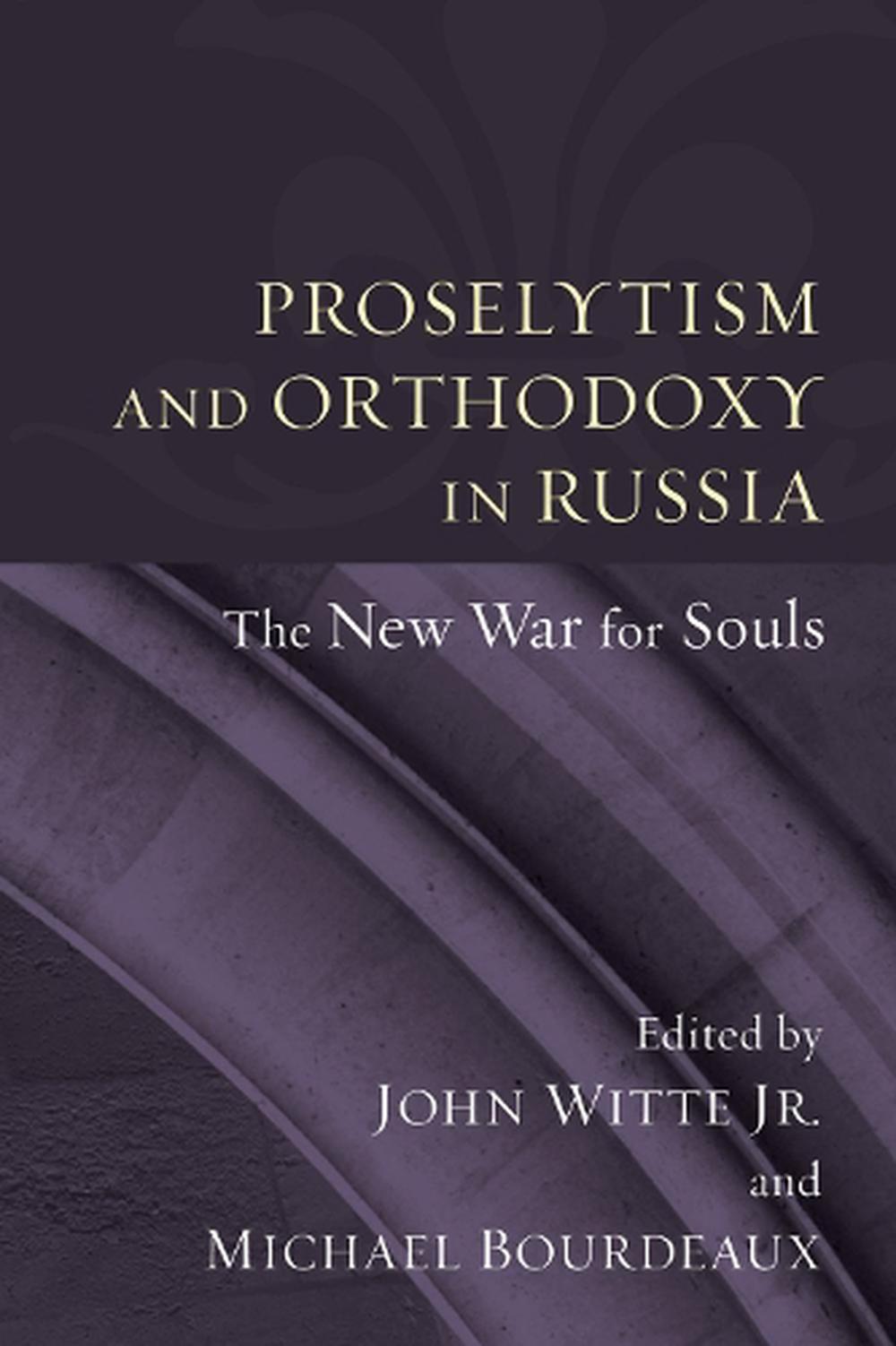
The casualness with which Chichikov and the landowners talk of having power over the serfs, and speak of them in condescending terms, shows the abusiveness of this institution. The lists themselves are extremely objectifying as they literally reduce the serfs into a means of making money. In the novel the landowners are frequently seen abusing their serfs, calling them names or threatening them with physical violence.

Serfdom is one of the novel's central themes, as Chichikov's entire quest centers on his purchase of "dead souls," the names of various deceased serfs. Gogol seems to suggest that Russia requires a shift in its values, away from efficiency and finances and towards compassion. In the second part of the novel, towards the end of the story, Chichikov expresses a desire to change his ways and work towards improving Russia as a whole. These characters show the moral rot that the narrator seems to believe is hurting Russian society. In his portrayal of the various landowners, Gogol reveals how these characters' fixation on money and their dehumanizing treatment of serfs reveal broader social issues.

The narrator is constantly remarking on the social issues he sees plaguing Russia and, later in the story, seems to suggest some potential ways those problems might be solved.

Russia's future is a major theme in the novel.


 0 kommentar(er)
0 kommentar(er)
